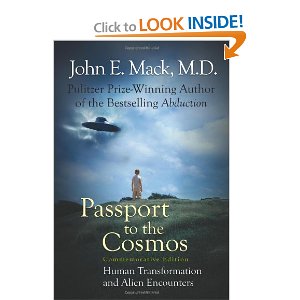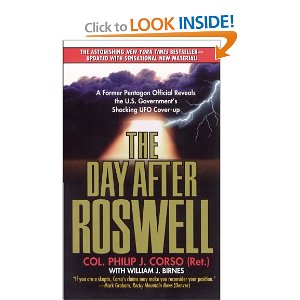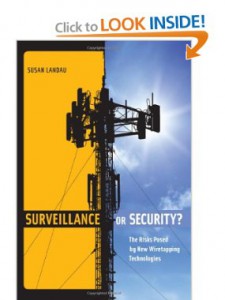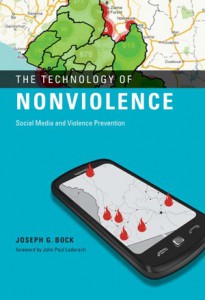Sibel Edmonds' new book, “Classified Woman,” is like an FBI file on the FBI, only without the incompetence.
The experiences she recounts resemble K.'s trip to the castle, as told by Franz Kafka, only without the pleasantness and humanity.
I've read a million reviews of nonfiction books about our government that referred to them as “page-turners” and “gripping dramas,” but I had never read a book that actually fit that description until now.
The F.B.I., the Justice Department, the White House, the Congress, the courts, the media, and the nonprofit industrial complex put Sibel Edmonds through hell. This book is her triumph over it all, and part of her contribution toward fixing the problems she uncovered and lived through.
Continue reading “Review (Guest): Classified Woman-The Sibel Edmonds Story: A Memoir”








